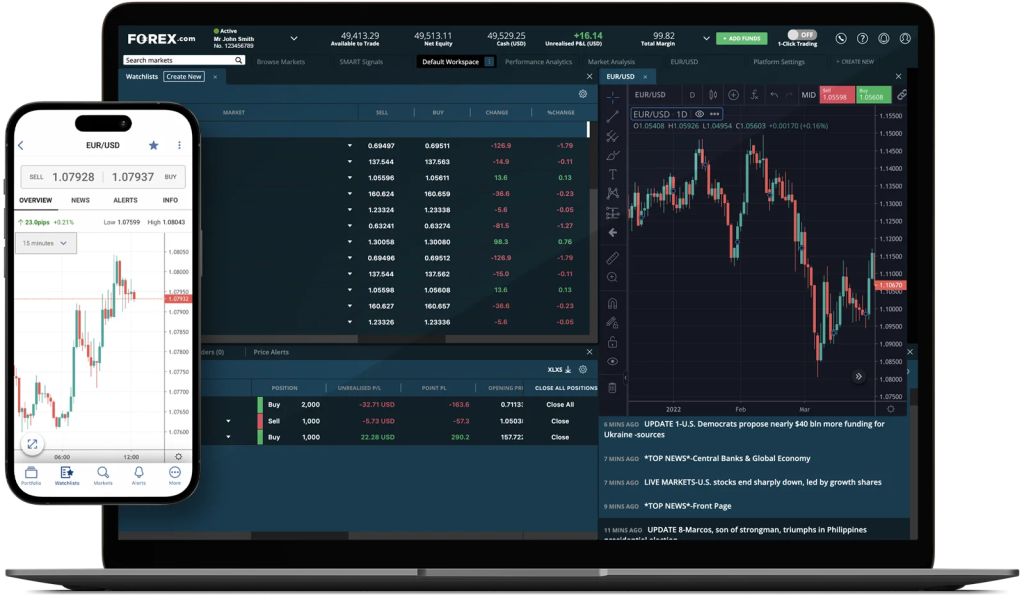Forex trading, also referred to as international trade trading, requires the getting and selling of currencies on the foreign trade industry with desire to of creating a profit. It’s the biggest financial industry globally, having an average day-to-day trading size exceeding $6 trillion. Forex trading offers investors and traders the ability to suppose on the fluctuation of currency rates, permitting them to perhaps make money from improvements as a swap rates between different currencies.
One of the important top features of forex trading is their decentralized character, since it runs 24 hours per day, five days weekly across different time locations worldwide. That convenience allows traders to participate on the market at any time, providing sufficient options for trading across the clock. Additionally, the forex industry is highly water, and therefore currencies can be bought and offered easily and quickly without somewhat affecting their prices.
Forex trading requires the usage of leverage, allowing traders to manage bigger positions with a lesser amount of of capital. While control may enhance gains, it also increases the risk of failures, as also small changes in currency prices can lead to significant increases or losses. Thus, it is needed for traders to manage their risk carefully and use ideal chance management methods, such as for example setting stop-loss instructions and diversifying their trading portfolio.
Furthermore, forex trading offers a wide range of trading methods and practices, including specialized evaluation, essential analysis, and belief analysis. Complex examination requires studying old cost information and using numerous indicators and graph designs to spot styles and anticipate potential value movements. Fundamental analysis, on one other hand, is targeted on analyzing economic signs, news events, and geopolitical developments to gauge the intrinsic price of currencies. Emotion evaluation requires evaluating industry feeling and investor conduct to anticipate adjustments in market sentiment.
Moreover, advancements in technology have transformed the landscape of forex trading, rendering it more available and efficient than ever before. Online trading systems and cellular applications allow traders to implement trades, access real-time industry data, and check their jobs from everywhere with a net connection. Moreover, computerized trading techniques, such as expert advisors (EAs) and trading robots, may implement trades instantly centered on pre-defined conditions, reducing the need for guide intervention.
Despite their potential for profit, forex trading holds inherent risks, and traders should know about the traps and issues related to the market. Volatility, geopolitical activities, and unexpected industry actions may result in considerable deficits, and traders should forex robot anticipate to manage these risks accordingly. Moreover, cons and fraudulent activities are predominant in the forex industry, and traders must exercise warning whenever choosing a broker or expense firm.
To conclude, forex trading offers a dynamic and perhaps lucrative opportunity for investors and traders to participate in the international currency markets. Using its decentralized nature, high liquidity, and supply, forex trading is now significantly popular among people seeking to diversify their investment profile and capitalize on currency cost movements. Nevertheless, it’s required for traders to instruct themselves about industry, develop a strong trading strategy, and exercise disciplined risk administration to flourish in forex trading over the long term.

